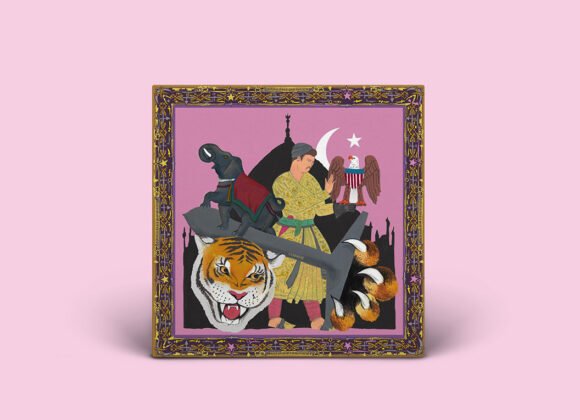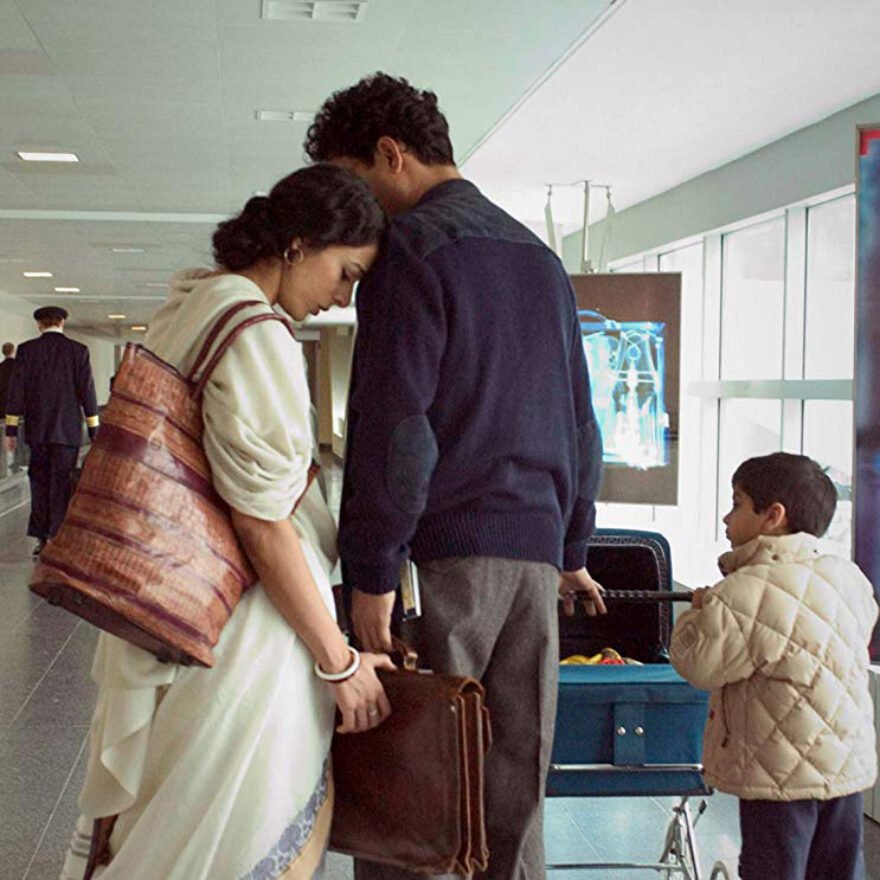As the anticipation mounts for the upcoming film adaptation of “Mean Girls,” a fresh perspective awaits fans. Producer Tina Fey assures viewers of a unique spin on the beloved stage musical, promising a reimagining that stays true to the essence of the original while infusing it with contemporary flair. The diverse ensemble cast, including Avantika Vandanapu as Karen, Jaquel Spivey as Damian, and Auli’i Cravalho from “Moana” as Janis, reflects the rich tapestry of modern American high schools, offering a refreshing take on the iconic Plastics.
While the excitement surrounding Indian representation in Hollywood is palpable, it’s essential to confront the persistent stereotypes that hinder progress. Historically, Indian girls in film and television have often been confined to the role of nerdy outsiders, perpetuating damaging clichés and limiting the breadth of characters they can embody. Avantika’s portrayal of Karen breaks free from this narrow mold, presenting a nuanced and multi-dimensional character that challenges preconceptions and paves the way for more diverse and authentic representations of Indian girls on screen.
Unfortunately, despite strides toward inclusivity, prejudice persists. Avantika faced derogatory comments on her Instagram questioning her suitability for the role based on her ethnicity. Remarks like “Imagine getting bullied by an Indian girl,” “The head wobble would scare me the most,” and “Why is one brown?” underscore the ignorance and bias that continue to plague the industry. Yet, amidst the negativity, a chorus of support emerged from fellow South Asian women, rallying behind Avantika and championing the importance of representation in mainstream media.
Trailblazers like Mindy Kaling, Maitreyi Ramakrishnan, and Richa Moorjani lent their voices to the chorus, celebrating Avantika’s groundbreaking role and emphasizing the significance of diversity in storytelling. Their words not only validate Avantika’s talent but also underscore the transformative power of representation in reshaping cultural narratives. The decision to cast Avantika as Karen challenges stereotypes and expands the realm of possibilities for minority actors, while the subtle change of Karen’s surname from Smith to Shetty in this adaptation underscores a commitment to authenticity and inclusivity.

As we eagerly await the release of “Mean Girls,” let’s celebrate this moment as a milestone in the journey toward greater diversity and inclusivity in Hollywood. Whether it’s challenging stereotypes or simply reveling in cinematic delight, let’s embrace this opportunity to honor the talent and diversity that Avantika brings to the screen.”






